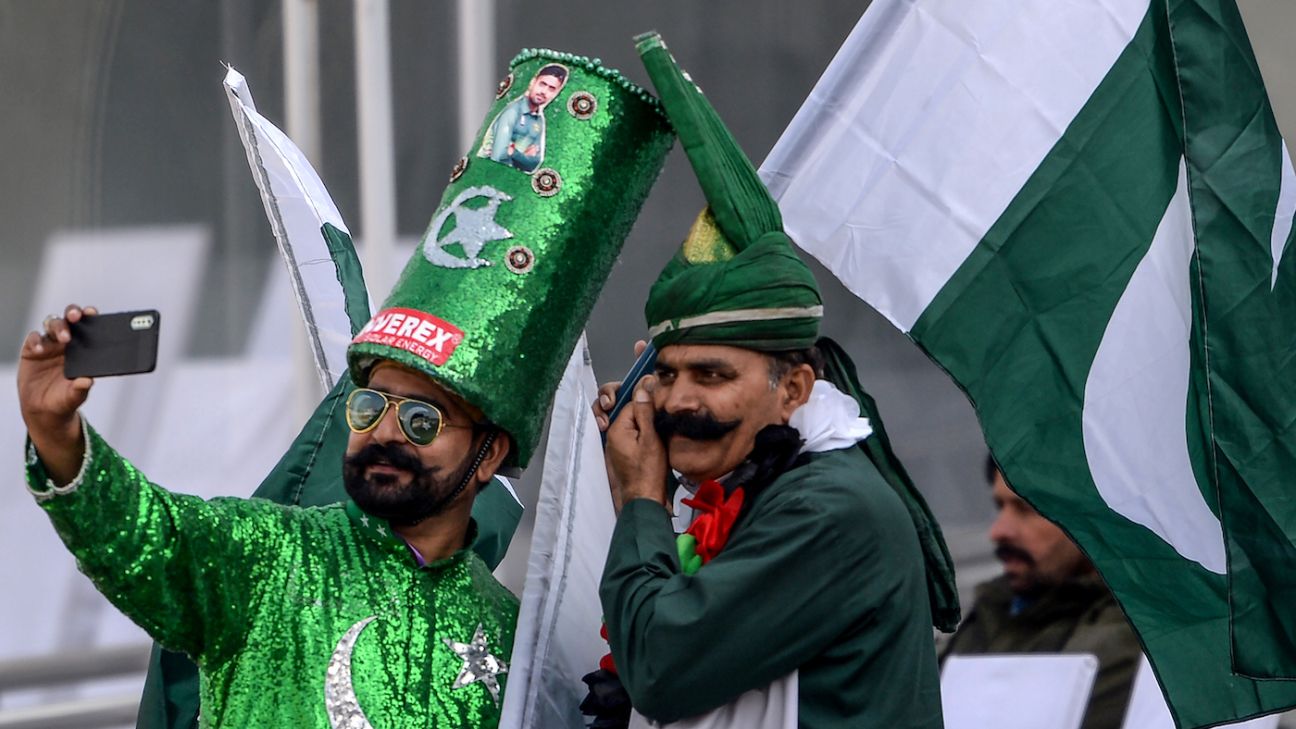Ehsan Mani, the PCB chairman, has warned of the financial fallout to world cricket if the T20 World Cup, scheduled to be held later this year, is impacted by the Coronavirus pandemic.
The tournament is due to take place in Australia in October-November but with much of the world in lockdown currently, and for some time yet, it is difficult to say with certainty whether the tournament will go ahead as planned.
“If the World T20 in Australia, if that gets disrupted then the financial fallout from that will be very big,” Mani said on a PCB podcast. “The distributions they [the ICC] give to members, many boards – including us – will feel the pinch of it.”
Mani, who is also chairman of the ICC’s Finance and Commercial Affairs committee and a former ICC president, was referring to the revenue the ICC distributes to its members, payments coming in twice a year annually in January and July. Those payments are made regardless of whether there is an ICC tournament in the calendar year and are calculated on the financial model that was agreed upon in June 2017.
The PCB, along with six other Full Members, was slated to receive USD 128 million for the eight-year cycle between 2015 and 2023. Though that figure has been projected downwards to USD 115 million, a payout of approximately USD 7-8 million twice a year is a critical part of the financial health of all boards outside the big three comprising the BCCI, the ECB and CA.
There is still some time to go before October, but the cricket calendar, if it is up and running by then, will also have to figure out a way of rescheduling a number of postponed bilateral commitments, as well as, potentially, the IPL.
The PCB has not been hit as hard as other boards by the pandemic; the ECB looks likely to be hardest hit at this stage, but even SLC and the BCB have lost out on hosting bilateral tours from England and Australia respectively, which usually are lucrative tours for the home board.
Nevertheless, the PCB is planning for the worst-case scenario in which ICC distributions could be affected should the T20 World Cup be postponed .
“Financial controls are tight, we are not spending over what we earn so in that sense, we will probably be all right in the short term,” Mani said. “But if it goes into next year and ICC distributions don’t come in… I can say the PCB is expecting USD 7-8 million in July from the ICC, that might not come. So obviously we have to plan as if that doesn’t come.
“Going forward to [next] January, the ICC will again distribute a similar amount. So there’s a lot of money on the line for us. How we can make that up when short of playing cricket, there’s no other way? You only make money by playing cricket.”
Mani was talking only about the PCB’s planning for a worst-case scenario if the distributions don’t arrive; concrete discussions about the impact, of the cricket calendar shutting down, on revenue distributions have not yet taken place.
But contingency planning is dominating the thinking of those in the sport’s corridors of power. Depending on how severely hit some boards already are, some scenarios regarding the revenue distributions are not implausible; July’s distributions could be held back to be paid out further down the line (when some boards might need them more) or redistributed in a way that lesser-hit boards give up a cut of their share to harder-hit ones.
And although the distributions are no longer linked to ICC events as such, if the T20 World Cup doesn’t go ahead, or is fitted into 2021, January’s distributions could also potentially be impacted.
